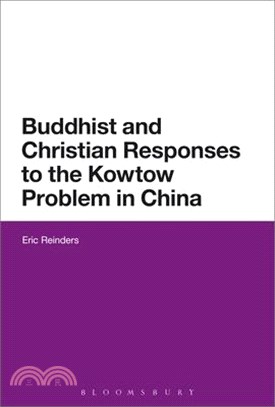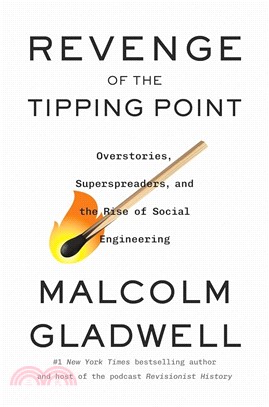Buddhist and Christian Responses to the Kowtow Problem in China
商品資訊
ISBN13:9781350007994
出版社:Bloomsbury USA Academic
作者:Eric Reinders
出版日:2016/09/22
裝訂/頁數:平裝/208頁
規格:23.4cm*15.6cm (高/寬)
商品簡介
The most common Buddhist practice in Asia is bowing, yet Buddhist and Christian Responses to the Kowtow Problem is the first study of Buddhist obeisance in China. In Confucian ritual, everyone is supposed to kowtow, or bow, to the Chinese emperor. But Buddhists claimed exemption from bowing to any layperson, even to their own parents or the emperor. This tension erupted in an imperial debate in 662.
This study first asks how and why Buddhists should bow (to the Buddha, and to monks), and then explores the arguments over their refusing to bow to the emperor. These arguments take us into the core ideas of Buddhism and imperial power: How can one achieve nirvana by bowing? What is a Buddha image? Who is it that bows? Is there any ritual that can exempt a subject of the emperor? What are the limits of the state's power over human bodies? Centuries later, Christians had a new set of problems with bowing in China, to the emperor and to “idols.” Buddhist and Christian Responses to the Kowtow problem compares these cases of refusing to bow, discusses modern theories of obeisance, and finally moves to examine some contemporary analogies such as refusing to salute the American flag.
Contributing greatly to the study of the body and power, ritual, religion and material culture, this volume is of interest to scholars and students of religious studies, Buddhism, Chinese history and material culture.
作者簡介
主題書展
更多書展今日66折
您曾經瀏覽過的商品
購物須知
外文書商品之書封,為出版社提供之樣本。實際出貨商品,以出版社所提供之現有版本為主。部份書籍,因出版社供應狀況特殊,匯率將依實際狀況做調整。
無庫存之商品,在您完成訂單程序之後,將以空運的方式為你下單調貨。為了縮短等待的時間,建議您將外文書與其他商品分開下單,以獲得最快的取貨速度,平均調貨時間為1~2個月。
為了保護您的權益,「三民網路書店」提供會員七日商品鑑賞期(收到商品為起始日)。
若要辦理退貨,請在商品鑑賞期內寄回,且商品必須是全新狀態與完整包裝(商品、附件、發票、隨貨贈品等)否則恕不接受退貨。





















![Wicked [Movie Tie-In]:魔法壞女巫電影原著](https://cdnec.sanmin.com.tw/product_images/006/006285284.jpg)


